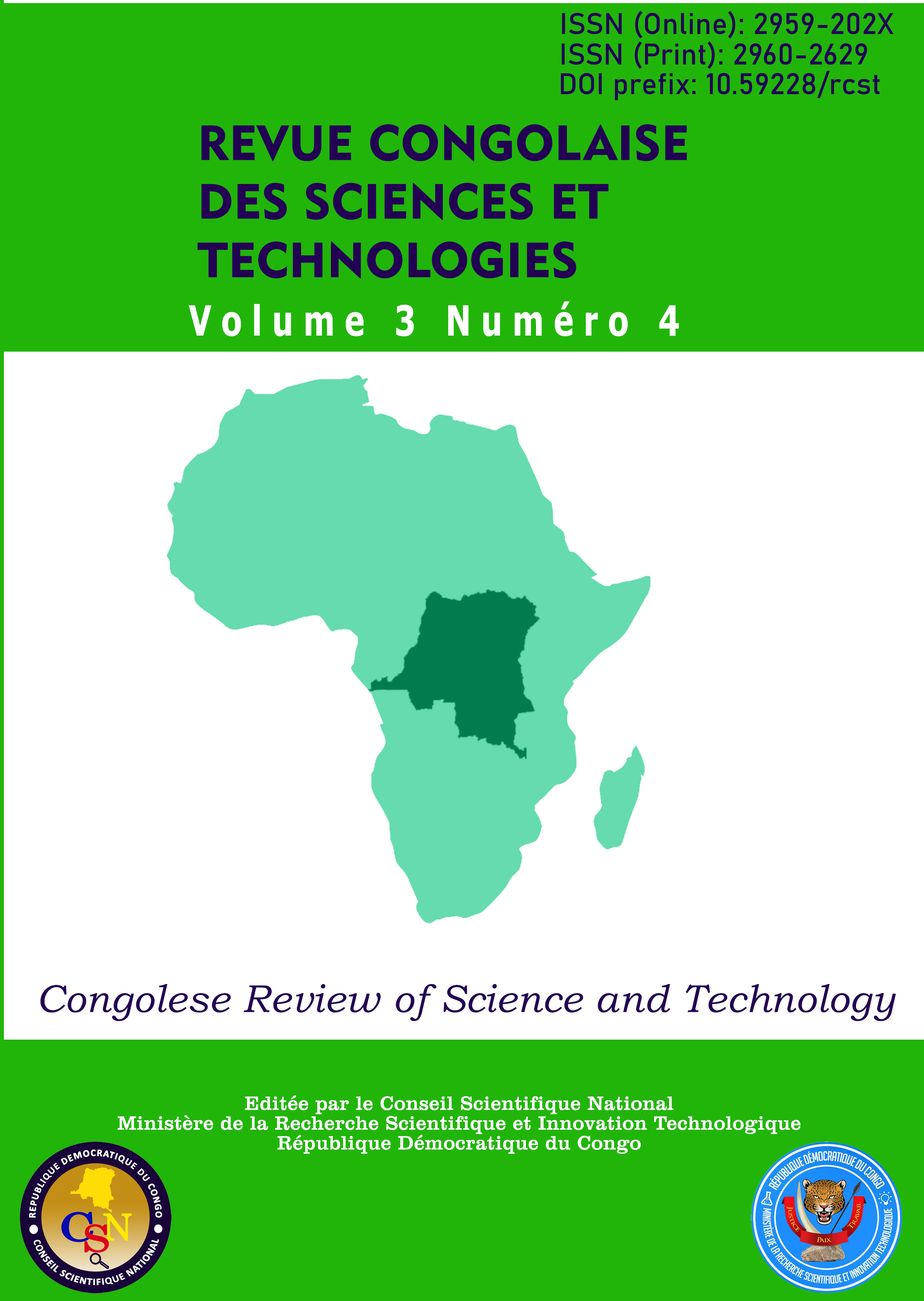Anesthesiologists' experience and expectations in clinical and didactic blood-sparing practices in major surgery
Main Article Content
Abstract
Bleeding in the operating room is a major concern for anaesthetists, who seek to reduce morbidity and mortality associated with anaemia and the use of labile blood products. Our study aims to understand the experience and expectation of anaesthetists in Kinshasa regarding clinical and didactic practices in major surgery. We used a phenomenological qualitative approach, with semi-structured individual interviews. Anaesthetists use various strategies such as positioning, monitoring, GA, ALR, RSPO, HNV, haemostatics, oxygen and blood substitutes, sometimes preferring these methods to controlled hypotension. Their expectation is to obtain adequate training and appropriate equipment, while respecting patients' religious beliefs regarding blood transfusion, especially as our patients who refuse blood are often cases of extreme emergency. Blood sparing, particularly through induced and controlled hypotension, is of great importance in major surgery to prevent excessive blood loss. It is necessary to promote a paradigm shift towards this practice, despite its current under-representation in the medical literature. These practices must be taught for the benefit of patients.
Article Details
Section

This work is licensed under a Creative Commons Attribution-NonCommercial-ShareAlike 4.0 International License.

